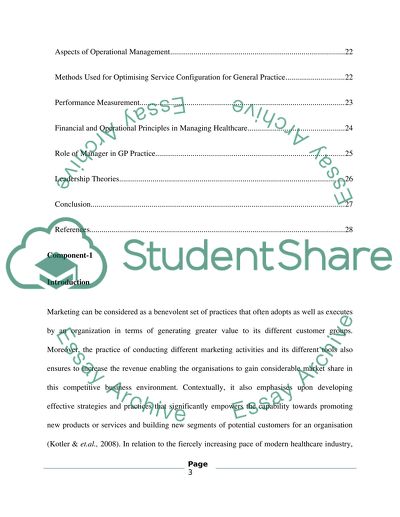Cite this document
(“Principles of practice management Essay Example | Topics and Well Written Essays - 4000 words”, n.d.)
Principles of practice management Essay Example | Topics and Well Written Essays - 4000 words. Retrieved from https://studentshare.org/health-sciences-medicine/1479038-principles-of-practice-management
Principles of practice management Essay Example | Topics and Well Written Essays - 4000 words. Retrieved from https://studentshare.org/health-sciences-medicine/1479038-principles-of-practice-management
(Principles of Practice Management Essay Example | Topics and Well Written Essays - 4000 Words)
Principles of Practice Management Essay Example | Topics and Well Written Essays - 4000 Words. https://studentshare.org/health-sciences-medicine/1479038-principles-of-practice-management.
Principles of Practice Management Essay Example | Topics and Well Written Essays - 4000 Words. https://studentshare.org/health-sciences-medicine/1479038-principles-of-practice-management.
“Principles of Practice Management Essay Example | Topics and Well Written Essays - 4000 Words”, n.d. https://studentshare.org/health-sciences-medicine/1479038-principles-of-practice-management.


